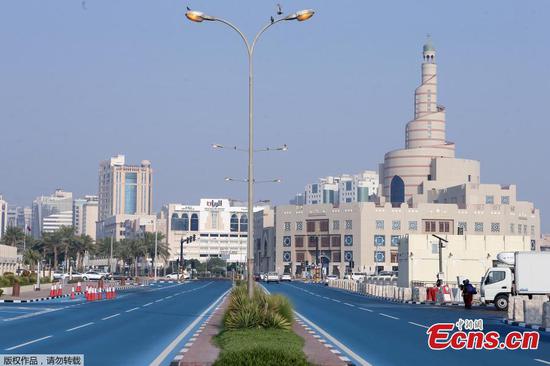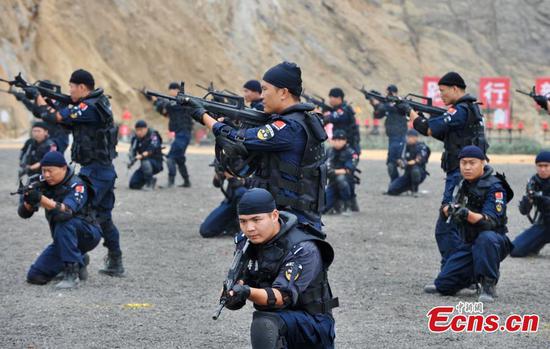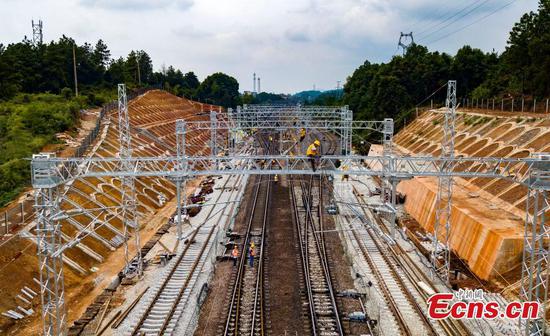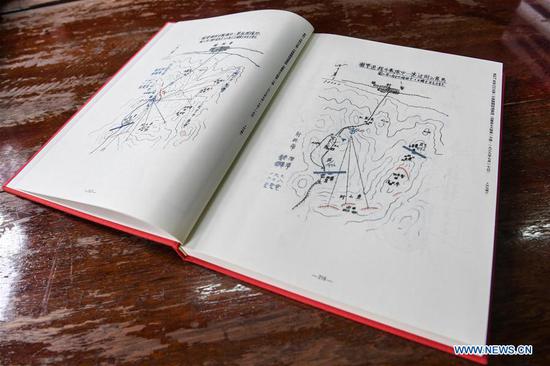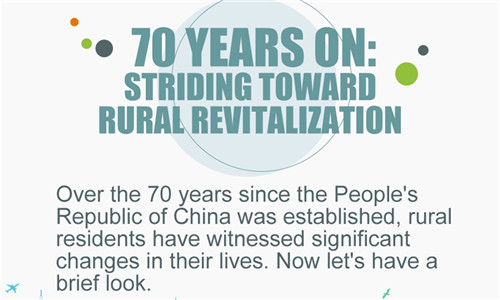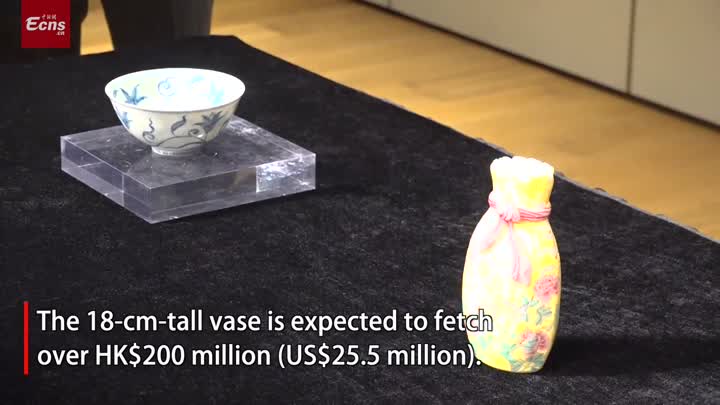Country will beef up regulation as policies rolled out to encourage foreign investment
By Li Xiaoyu, China News Service
(CNS) -- China's top financial regulator has reaffirmed the country’s determination to press ahead with its ongoing opening-up drive, despite the growing headwinds and uncertainties along the way.
Speaking in response to concerns over China's continuing program of financial reform amid a changing environment, Chen Yulu, vice president of the People’s Bank of China (PBOC), called financial opening-up a "key component" of a high-level opening-up strategy, as he reiterated the country's vision for a comprehensive opening-up of the financial sector.
China's central bank has rolled out a slew of policies as part of drive to open up the financial sector, lifting or easing foreign ownership limits for financial companies. Chen vowed to ensure the rollout of all these measures, as well as devise new opening-up policies as part of the country’s financial reform.
Echoing the central banker’s statement, Guo Shuqing, head of the China Banking and Insurance Regulatory Commission (CBIRC), said the ultimate trend of the financial sector’s opening-up “will see no pause, let alone a step back.” He also said that China welcomes foreign institutions with a good track record and specialization in areas including risk management, credit rating, consumer finance and health insurance.
Guarding Against Risks
At the same time, financial watchdogs pledged to beef up regulations in a bid to prevent, control and solve risks, which will address the growing contagiousness and complexity of risks in the increasingly opened-up financial sector.
Chen said further opening-up goes hand in hand with stricter regulation. At the same time, Guo cautioned against "hot money," or speculative capital flowing in and out of the country, stressing the necessity of avoiding real estate and financial assets bubbles.
Yan Qingmin, vice chairman of the China Securities Regulatory Commission (CSRC), said the regulator will step up efforts to strengthen financial regulation, improve the quality of listed companies and optimize trading oversight.
Yan stressed the need to put forward moderate and balanced regulation in a bid to adapt to the development of the financial market and the real economy. He also said that current efforts to amend related laws and regulations will help realize continuous and targeted regulation.
Supporting Smaller Players
Regulators also vowed to craft measures to boost financial institutions’ lending to small- and medium-sized enterprises (SMEs).
Chen said that addressing the lack of funding for small players will be a major task in China’s drive to deepen financial sector’s supply-side reform, which will require coordinated efforts in policy formulation among major government bodies.
Meanwhile, Yan admitted that financial products designed by financial institutions tend to favor big businesses and State-owned firms, while ignoring SMEs, which are a linchpin of China’s real economy. Yan called on financial institutions to improve the adaptability and flexibility of financial products, in a bid to better serve the real economy.









